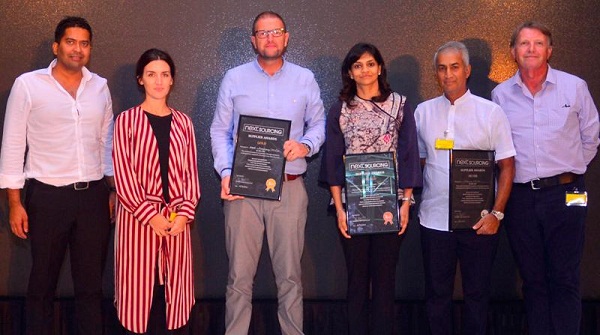
Having lived through a crippling civil war, a tsunami, the Easter Sunday bomb attack and the two-year long pandemic, Sri Lanka is geared to overcome the current economic crisis. However, it urges the rest of the world to believe in the country’s resolve. “Sri Lankan apparel companies have built a reliable industry that boasts of a speedy deliveries of good quality products,” opines Wilhelm Elias, Chairman, Sri Lanka Apparel Sourcing Association. “Through myriad crisis, companies have built an apparel industry that has become a reliable sourcing destination for some of the largest global brands. They have reaffirmed confidence in Sri Lanka’s delivery of both product and quality and always looked to Sri Lanka as a safe and reliable pair of hands. The country has developed an enviable reputation for ethical and sustainable manufacturing,” he says. The country had gained a reputation for manufacturing ethical and sustainable products. However, now, it is struggling with a macroeconomic crisis beyond its control.
Two years ago, the US and China entered a trade and tariff war that was exacerbated further by Russia’s invasion of Ukraine. The situation worsened as supply chains broke down and inflation rose across the world. The Sri Lankan industry may not emerge unscathed from this crisis.
Boost apparel exports
To sustain its current political stability, the Sri Lankan government needs to boost apparel exports that not just help pay for critical imports but also obtain credit from trade partners India and China, opines Elias.
Elias says, “Some taxes have been raised, and more will be. But the need is for structural reform, aligned in response to significant global economic changes. White elephant infrastructure projects, for example, should be removed from the country’s future plans.”
Additionally, Elias advises the government to prioritize export and manufacturing industries that are most forex earning sectors. It needs to create conducive environment for operating these industries and ensure adequate energy and raw material supplies. “Experience over three tumultuous decades has demonstrated that buyers, customers and lenders are as invested in Sri Lanka’s apparel industry and economic revival as Sri Lankans are. This is where faith in the apparel industry’s resilience is well seen.”
Cut back subsidies
The government needs to also cut back on the subsidies on products and increases prices of essential commodities including energy and food. It needs to establish a five or six-step economic revival plan, with the help the IMF and other agencies.
The plan should be aimed at making the entire political system accountable for meeting the set objectives. This will help Sri Lanka emerge victorious from the current crisis, he asserts.












